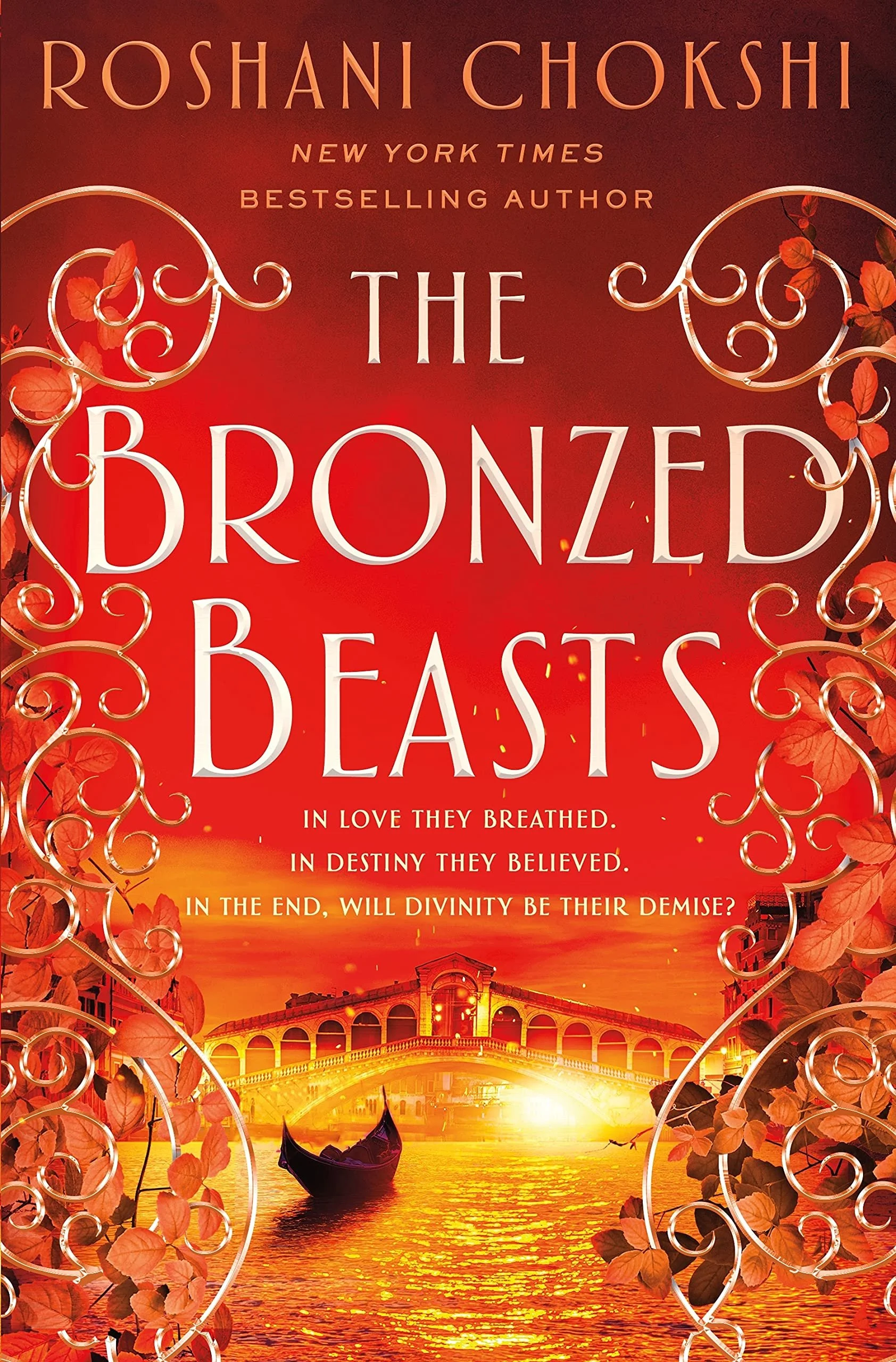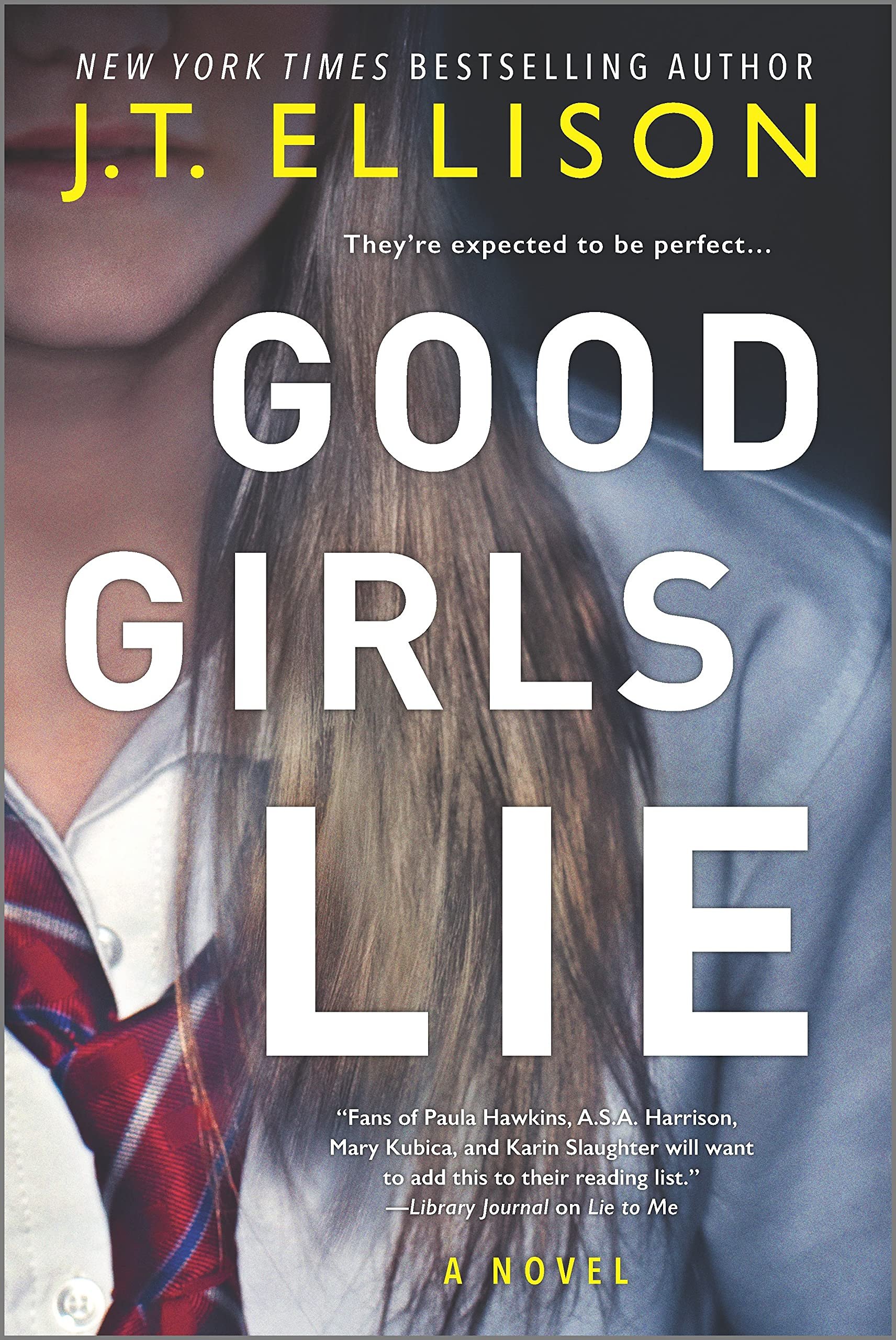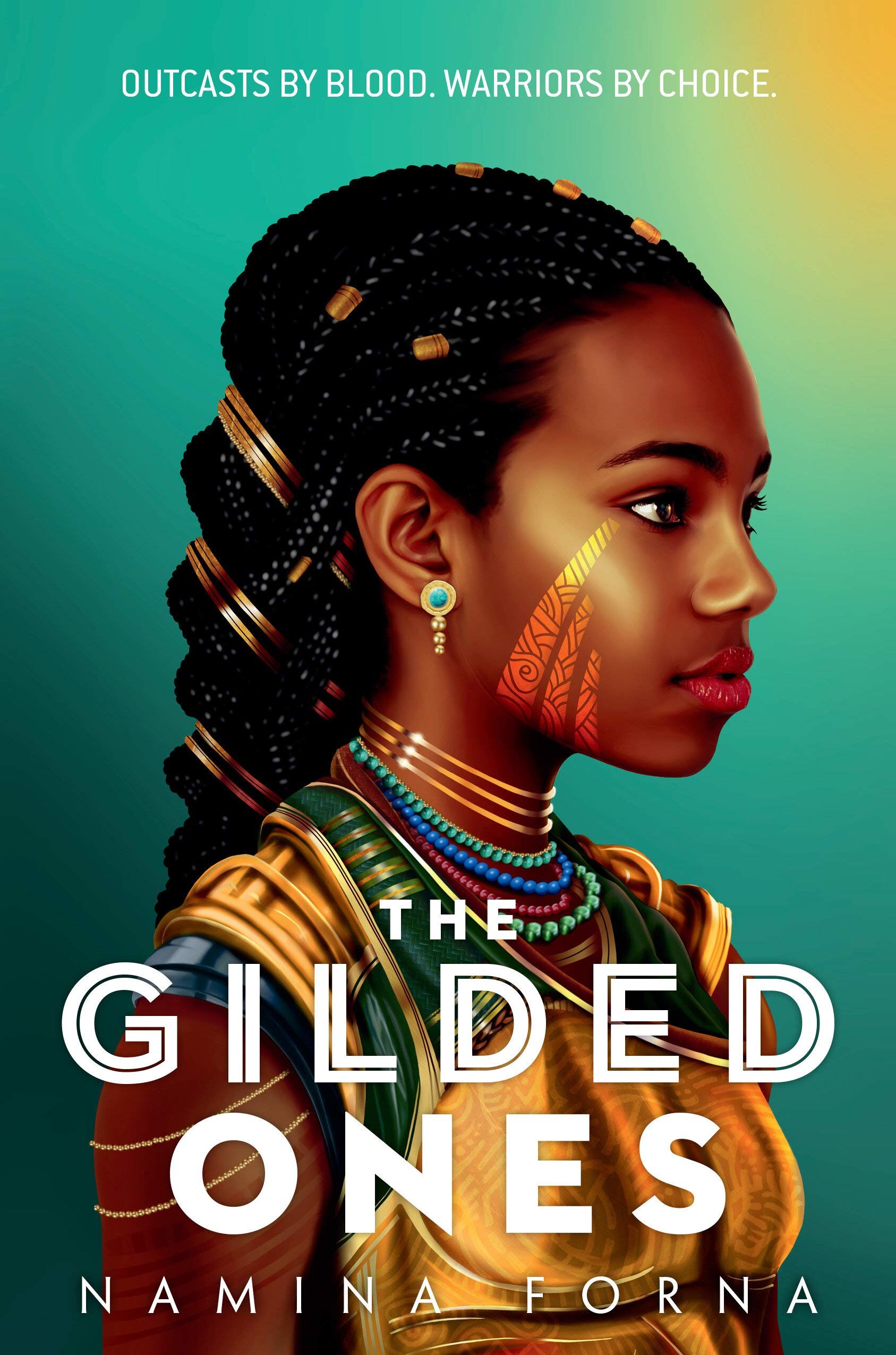Review: The Bronzed Beasts by Roshani Chokshi
I am very torn about how I feel regarding this series. Overall I do think it is an enjoyable, fun story; I think Chokshi takes on lots of really big and interesting questions throughout the story. She writes a really engaging adventure that anyone with basic history knowledge can puzzle out at least some of the clues.
I love the way Chokshi clearly envokes colonialism and the harm that is caused. I loved the thoughtful way she picked out each of her main characters. Séverin, Laila, Enrique, Hypnos, and Zofia each sit at their own unique intersection with power, privilege, religion, race, and wealth. These different positionings allow Chokshi to tell a nuanced and wide-reaching tale regarding the impacts of settler colonialism.
Something really fundamental about this story that does not make much sense to me is the choice to write this as a YA and not an adult. I cannot remember exactly how old these characters are meant to be, but however old they are canonically, they read as minimum 25, with the exception of Zofia, who I will be addressing later. I think so much that is core to this story would have fit beautifully into a story written for adults.
Chokshi is heavy-handed with foreshadowing and is quite a bit more explicit with some things than I think is always required; she gives the reader the same piece of information multiple times or allows the reader too much time between when they are given information and when the characters actually are able to put clues together. I assume this is more a feature of her writing for a YA audience and that if she had wanted this to be adult, this would have been different. I do think she slightly underestimates the intelligence of her younger audience, and I wish she were a bit more subtle, but by book three, this no longer really bothered me; I expected the way it was written to match the first two books.
Another thing that frustrated me a little in the earlier books was the lack of explanation of the magic system. I just did not understand what was and what was not possible in this world, which makes it easy for the magic to seem very Deux ex Machina when it is used to solve big plot problems. I did just decide to roll with it while I was reading this book; I accepted that I was not going to really know what limitations magic had in this world. The big central thing that happens with the plot was solved by magic, which was a touch annoying, but I did fully expect it.
There was a twist with the way the divine was handled in this book. I did guess it slightly before the midpoint of the story. But I really think this could have been written as a choice that would have made Séverin's character development make way more sense. If this thing had been an active choice and not due to the mystical nature of the divine, I would have been delighted. It really seemed like the story was building to this big choice, a choice that was never made, and instead, Séverin just changed anyway?
Part of the emotional development of this series has relied on a character who died in book one named Tristan. I truly do not think that character got anywhere near the amount of page time or character development he needed to be playing such a central role in this book. I literally knew he was going to die in his first interaction with another character, and then kind of out of nowhere, at the end of book one, it is revealed that he was torturing birds. I just think he needed more page time before he died. And it is absolutely bizarre that the book ends with a bird rehabilitation facility in his honor. I truly am baffled by where I am meant to have developed all this nostalgia for this character that was barely on the page.
Getting into more neutral territory, there is an extended scene in a cave that has very strong Half-Blood Prince vibes. It came right after the slightly evil magical artifact started showing signs of living, which obviously gives echoes of Horcruxes. I am in no way implying that this is direct mimicry, or even really bad, just that other people who have this story kind of hardwired into their storytelling brain might also see these echos!
Now I want to talk about Zofia. I have talked about her being maybe my favorite character in my previous reviews of this series, and I absolutely still agree with everything I have said about her being a good character. But I do still have some aspects of her development that bother me. The first is that Zofia reads as a child a lot of the time, which is really weird with her being the only neurodivergent character in this story. The way her romance is written is infinitely more chaste than any other relationship, I think it is fine to have a more chaste romance, but it does play into the pervasive idea that ND people are childlike.
My other big complaint about Zofia is how her Jewishness is handled. It is barely on the page except when it is connected to discrimination. The one time her Jewishness is mentioned outside of the harm it is causing her seemed very very much out of line with Jewish theology. It seems like Chokshi researched what would have been happening to a Jewish girl at this time but was not very thorough with how her religion and culture would have impacted her. The instance her religion and culture were brought up was with Zofia thinking about the divine; she thinks "God was not a being whose expressions she could study and put into context." This does directly contradict the way rabbis have discussed their religion for centuries. The idea that it would be bad for a Jewish person to question their religion is so divorced from any research into Jewish religious practice. Chokshi also could have very easily written Zofia as a Jewish atheist in a way that was just as rooted in her cultural background. This paired with Zofia having features that are not typical Jewish features and having her only mention Hanukkah and not any of the major Jewish holidays just makes it seem like Chokshi didn't really research this very deeply.
On the topic of her Jewishness, earlier books in this series seemed to be alluding to growing violence towards Jewish people during this time period, but it is never mentioned again, and we are just told she lives a happy life, which is excellent, but shes living in Paris in the late 1800s and we assume her long and happy life would mean she lives through the early 1900s. I am kind of just confused why Chokshi would introduce this story line then have antisemitism disappear with no mention of how or why. Especially because she specifically has religious unrest at the end of the book.
This all being said, I actually did like the ending, even if I feel like Séverin's character growth wasn't really earned. I do think he ended up kind of paying penance by way of time, and I am always very pro-longing. The ending was a beautiful vignette of longing.
The way Zofia, Enrique, and Hypnos ended, I liked as well. I did expect some sort of poly relationship with how book two went, but I did hope that Chokshi would use book three to flesh out Zofia and Hypnos's relationship. By the end of the book, I literally have zero idea if they are romantically tied to each other or if they are just both friends and fine with having separate relationships with Enrique. This was a pretty big character development thing that I just think needed a little bit more page time. I truly think this got enough foreshadowing but not enough build-up. I understand Enrique's connection to both of the others so well; I wish we had a similar level of development between Zofia and Hypnos.
It was sometimes frustrating throughout this series to see Chokshi play into some bisexual stereotypes that just aren't really challenged. I specifically continue to think she wrote Hypnos's sexuality with less care than the character deserved. He just didn't get the page time required to give him a more fleshed-out presence. He didn't have the time needed for Chokshi to develop his character in a way that either pushed back against the stereotypical representation or developed him much beyond this.
Despite my continued complicated feelings about this book, I am glad I finished this series. I gave this book three stars.






